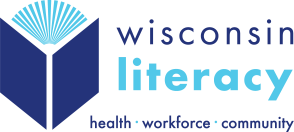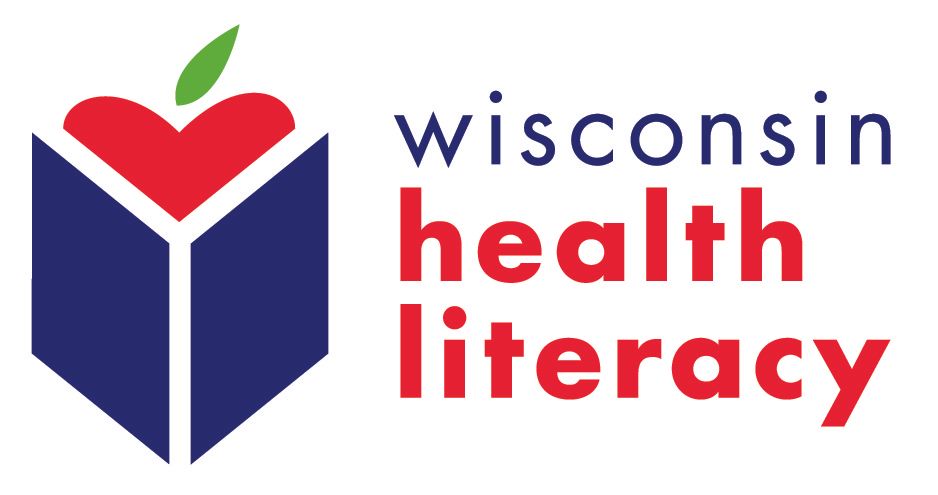Record Keeping and Data Management
Record Keeping
From the minutes at a meeting to a tutor/learner pair log, records:
- provide proof that something happened in a particular way.
- maintain your organization’s history, despite staff and Board turnover.
- help new staff understand processes, rationale and past activities that have worked well and those that haven’t.
- improve staff support for tutor/learner pairs. Notes from past interactions (tutor concerns, learner questions, staff suggestions) will guide staff during every interaction with a tutor/learner pair.
- demonstrate your impact to stakeholders and the greater community. Celebrating your successes and advocating for support will be much easier when you have records to back up your efforts.
- are essential for risk management. Records provide verification that you interviewed, ran background checks and offered training before matching volunteers with learners. Volunteer and learner contracts provide verification that you explained boundaries and prohibited activities, and that they agreed to follow all guidelines. Records also provide proof that you addressed any issues that could put a staff, volunteer or learner at risk.
What volunteer records should I keep?
Volunteer Committee Meetings – meeting minutes
Take and keep meeting minutes.
Special events – key partners, the number of volunteers needed and in which capacities, donations received, documentation of the planning phase, the event itself, post-event reflections
Tutor/learner pairs – intake forms, tutor references, background checks, learner evaluations, tutor interviews, signed tutor and learner agreements, a log of the pair dynamics, tutoring and tutor prep hours, common questions among your tutor base, documentation of a “problem” tutor or learner, success stories
Donors –your high-level donors, how involved they are with the organization (do they also volunteer?), specific information about them, giving patterns (specific time of year, whether they are more likely to give to a specific initiative instead of general giving or vice versa), and the type of donation they prefer (through United Way, a gift of stock, etc.)
Promotional contacts – a general list (media, churches, etc.) of contacts to receive volunteer recruitment materials, news releases and announcements, with specific contact information and past responses/reactions and any follow-through
What are some data management options we should consider?
It can be a lot of work, but record keeping pays off.
You can delegate some tasks to a volunteer, but make sure to set aside a little time each day or week to keep records up-to-date. Don’t wait until the last minute or end of the month to catch records up.
Choose a data tracking system that will give you accurate data with a relatively quick search. The specific system you choose will depend on your organization’s size and reporting needs.
Here are a few data management options:
Excel spreadsheets can be useful for small programs. However, it can become unwieldy if you try to track too many programs or you want to gather and sort a lot of data.
Access databases have more functionality in terms of customizing to fit the needs of your program. You must have someone who knows the application well, create the system and update it as needed.
Achieve database is a data tracking system developed by Wisconsin Literacy. WL member agencies can purchase Achieve at a greatly reduced cost. Email info@wisconsinliteracy.org or ask your RLC for more information.
Ask your RLC about current professional database systems.

